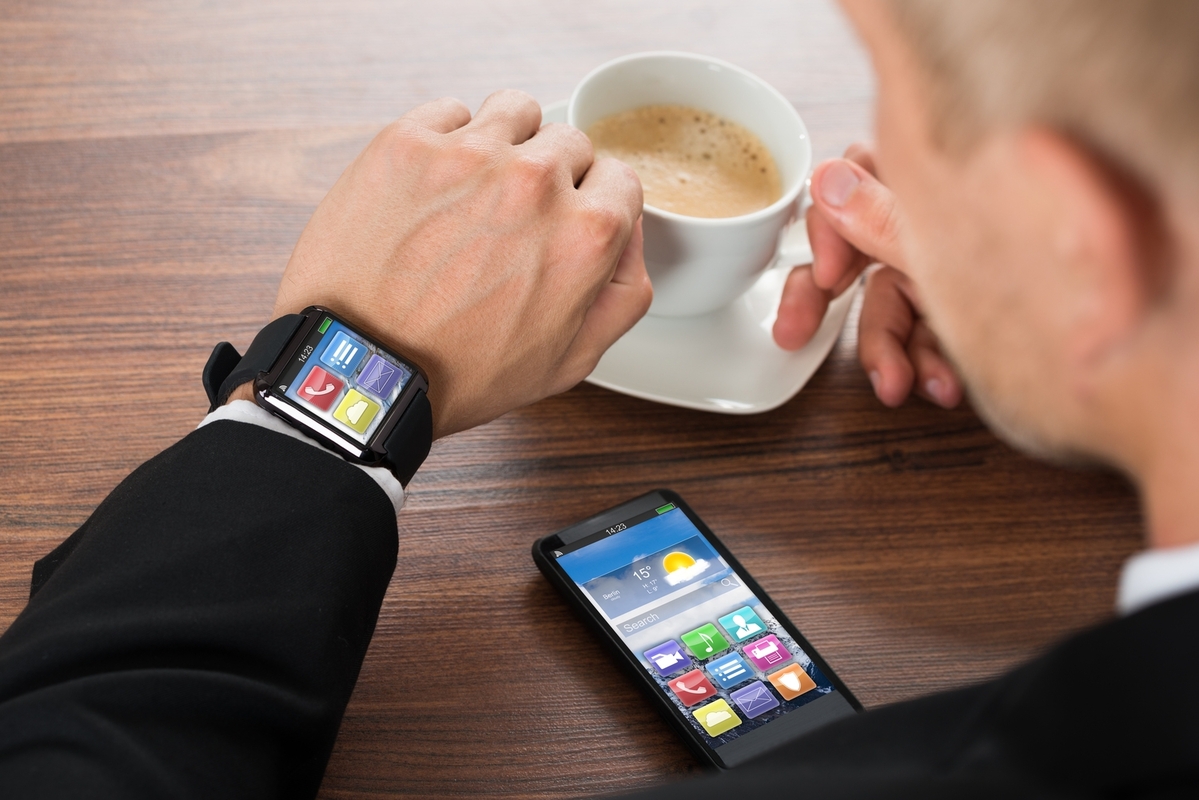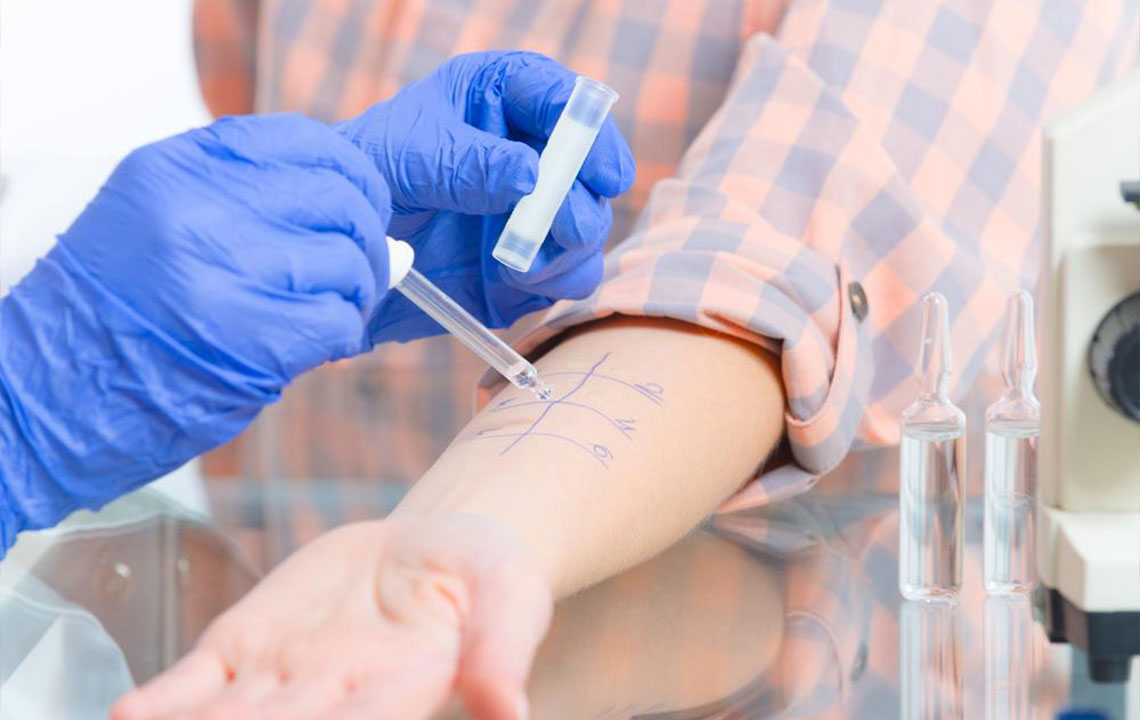Revolutionizing Diabetes Management with Advanced Smartwatch Technology
Smartwatches are revolutionizing diabetes management by offering continuous health monitoring, real-time alerts, and seamless integration with glucose systems. They help users track blood sugar, physical activity, and vital signs, promoting proactive health decisions. Designed to complement traditional tools, these devices improve overall diabetes care, offering convenience and valuable insights. While effective, users should consider device compatibility and work with healthcare professionals for optimal results. As technology advances, smartwatches are becoming essential tools for better health outcomes in diabetes management.

How Wearable Devices Support Better Diabetes Control
Technological innovations are transforming health monitoring, especially for individuals managing diabetes. Modern smartwatches with integrated health features are offering continuous insights, making daily glucose management more efficient. These devices track blood sugar levels, physical activity, heart rate, and overall wellness, encouraging proactive health decisions.
With millions affected worldwide, precise glucose tracking and lifestyle management are vital. Traditionally, separate tools like glucose meters and insulin pumps were used.
However, contemporary smartwatches now complement existing devices, providing continuous health data tracking.
Major Benefits for Diabetes Care:
1. Integration with Glucose Monitoring Systems:
Many smartwatches connect with continuous glucose monitors (CGMs), delivering instant updates and alerts for abnormal blood sugar levels. Users can quickly view glucose trends on their wrist, aiding prompt responses.
2. Tracking Vital Signs and Exercise:
Sensors measure steps, calories burned, and heart rate, offering a holistic view of health. This information helps diabetics refine their physical activity and understand their body’s responses.
3. Notifications and Alerts:
Smartwatches remind users about medication times, insulin doses, and blood sugar tests. They also alert to dangerous fluctuations, enabling immediate action.
4. Data Synchronization and Health Apps:
Syncing with health management platforms allows long-term data analysis. This assists healthcare providers in customizing treatment plans and guiding lifestyle improvements.
5. Convenience and Accessibility:
Having health info on the wrist makes monitoring effortless. Unlike standalone devices, smartwatches combine ease of use with constant access.
Limitations and Considerations:
Despite their advantages, smartwatches come with considerations like upfront costs, device accuracy, and battery life limitations. Compatibility with specific CGMs should be verified for optimal integration.
Always remember, smartwatches should complement professional medical devices and advice. Consulting healthcare professionals ensures safe and effective use within diabetes management.
Overall, smartwatches are transforming diabetes care by providing continuous, real-time health data. These devices empower users to maintain better control over their condition, with evolving technology promising even smarter healthcare solutions in the future.


